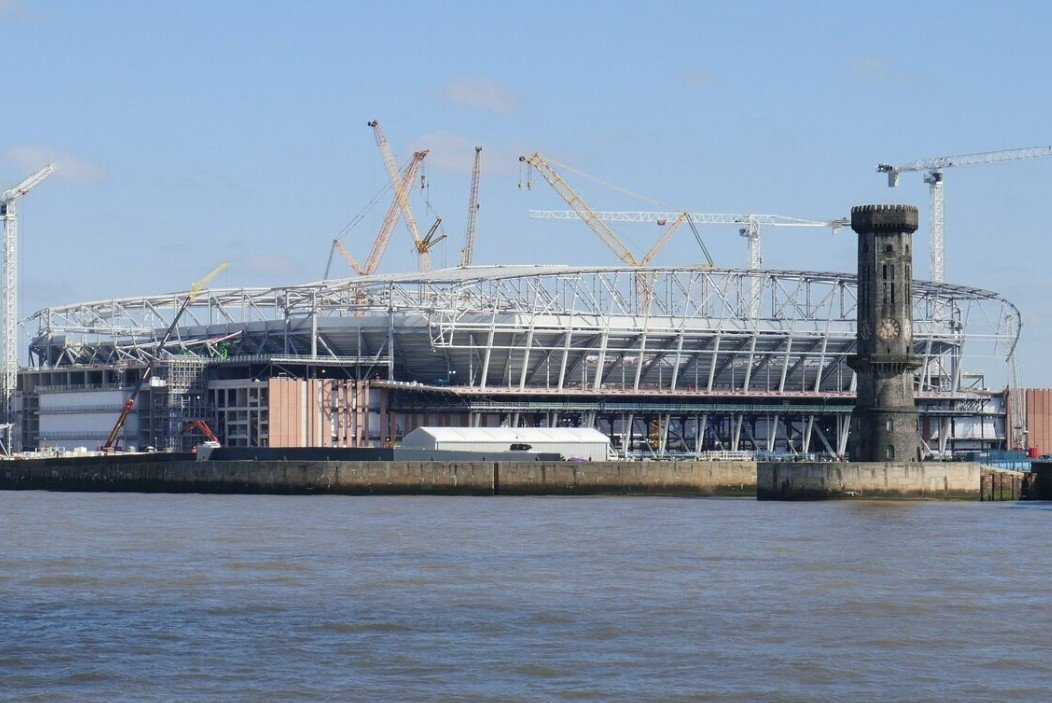FIFA has teamed up with Saudi Arabia’s Fund for Development to offer up to $1 billion in low-cost loans for building and upgrading football stadiums around the world. The deal, announced on November 24, 2025, gives priority to developing nations and aims to boost sports facilities for global events.
This partnership marks a big step in making football more accessible. It comes as Saudi Arabia prepares to host the 2034 World Cup, showing how the country is expanding its role in world sports.
Details of the New Partnership
FIFA President Gianni Infantino and Saudi Fund for Development CEO Sultan bin Abdulrahman Al-Marshad signed the memorandum of understanding in Riyadh. The agreement focuses on concessional loans, which means lower interest rates to help countries afford major projects.
These loans will fund the construction and repair of stadiums, training grounds, and other key facilities. FIFA says this will help member associations host official tournaments. Many nations lack proper venues, and this funding could change that.

The initiative ties into FIFA’s goal of growing football worldwide. It builds on existing programs like FIFA Forward, which already supports smaller development efforts.
Experts point out that stadium projects can create jobs and improve local economies. For example, similar investments in past World Cups have led to lasting community benefits.
Focus on Developing Nations
Priority goes to countries in Africa, Asia, and Latin America where football infrastructure lags behind. FIFA wants to ensure these nations can compete on a global stage.
This move could help bridge the gap between rich and poor football federations. Developing countries often struggle with funding for modern stadiums that meet international standards.
One key benefit is youth development. Better facilities mean more kids can play and train safely, leading to stronger national teams over time.
However, some critics worry about the long-term debt these loans might create. Loans must be repaid, even if they come with favorable terms.
- African nations like those in sub-Saharan regions could see new multi-sport venues.
- Asian countries with growing football scenes might upgrade existing grounds.
- Latin American federations could focus on safety improvements for fan experiences.
Saudi Arabia’s Growing Role in Football
Saudi Arabia has ramped up its football investments in recent years. The country won the bid to host the 2034 men’s World Cup, beating out other contenders.
This partnership adds to deals like the one with Aramco, Saudi’s oil giant, which became a FIFA sponsor in 2024. The Public Investment Fund has also backed major events and media rights.
Crown Prince Mohammed bin Salman has pushed sports as part of Vision 2030, a plan to diversify the economy beyond oil. Football fits into this by promoting tourism and global ties.
Recent events show this influence. In November 2025, a Saudi delegation, including Infantino, met with US President Donald Trump in Washington. Talks likely covered sports and business links.
| Key Saudi Football Investments | Details | Impact |
|---|---|---|
| 2034 World Cup Hosting | Awarded in 2024 | Boosts global profile and infrastructure spending |
| Aramco Sponsorship | Four-year deal from 2024 | Funds FIFA events and programs |
| Club World Cup Stake | $1B investment in rights | Expands streaming and viewership |
| Stadium Loans Partnership | Up to $1B in loans | Supports developing nations’ growth |
Potential Challenges and Criticisms
Not everyone welcomes the deal. Human rights groups have raised concerns about Saudi Arabia’s record on issues like free speech and women’s rights.
FIFA has faced backlash for partnering with the kingdom, especially after reports of labor issues during World Cup preparations. Critics argue that sports should not overlook these problems.
On the positive side, supporters say the funding will empower communities. It could lead to social inclusion through sports, helping with education and health.
FIFA insists the partnership is about football’s growth, not politics. The organization plans to monitor how loans are used to ensure they benefit the sport.
Logical reasoning suggests that while risks exist, the scale of investment could transform football in underserved areas. Past examples, like Qatar’s 2022 World Cup builds, show both upsides and pitfalls.
What This Means for Global Football
This $1 billion pledge could reshape how football develops worldwide. With more stadiums, more countries might host qualifiers or youth tournaments.
It aligns with trends in sports funding, where governments and private funds team up for big projects. For fans, it means better venues and more exciting matches.
Developing nations stand to gain the most, potentially producing new stars and stronger leagues. This could make the sport more competitive and diverse.
As football evolves, deals like this highlight the mix of business and passion driving the game.
What do you think about this partnership? Share your views in the comments and spread the word to fellow football fans.
